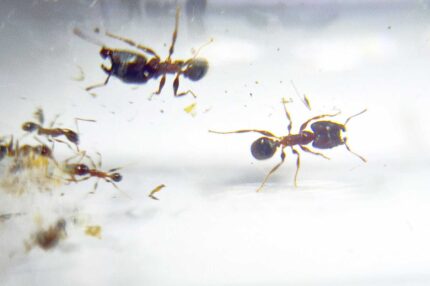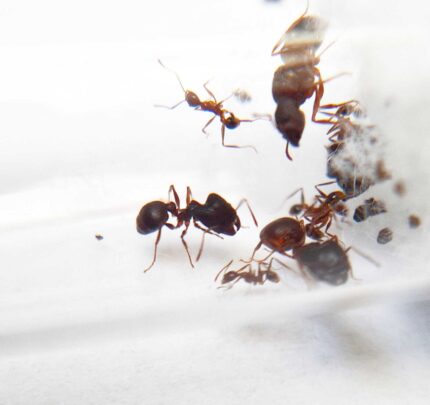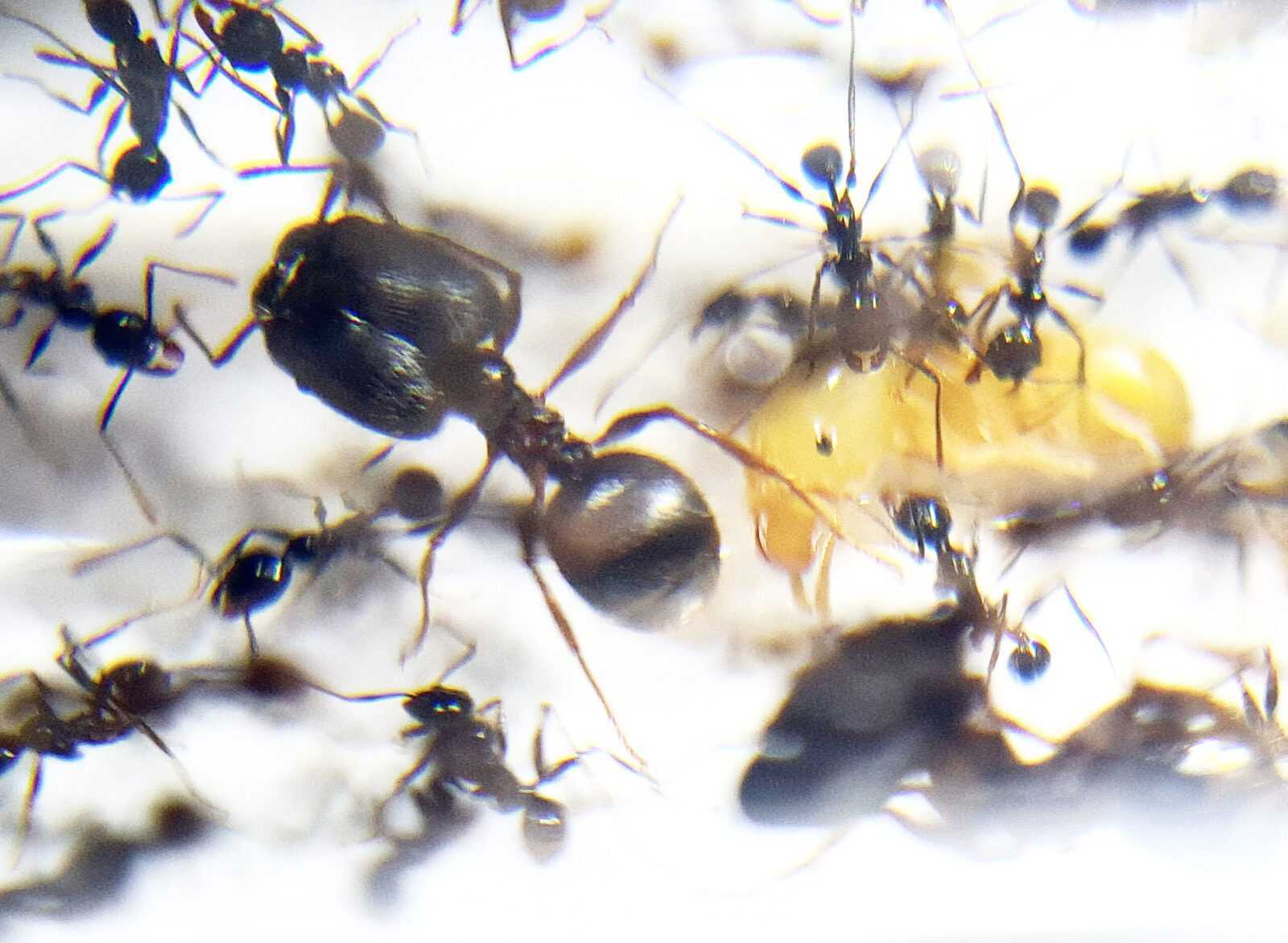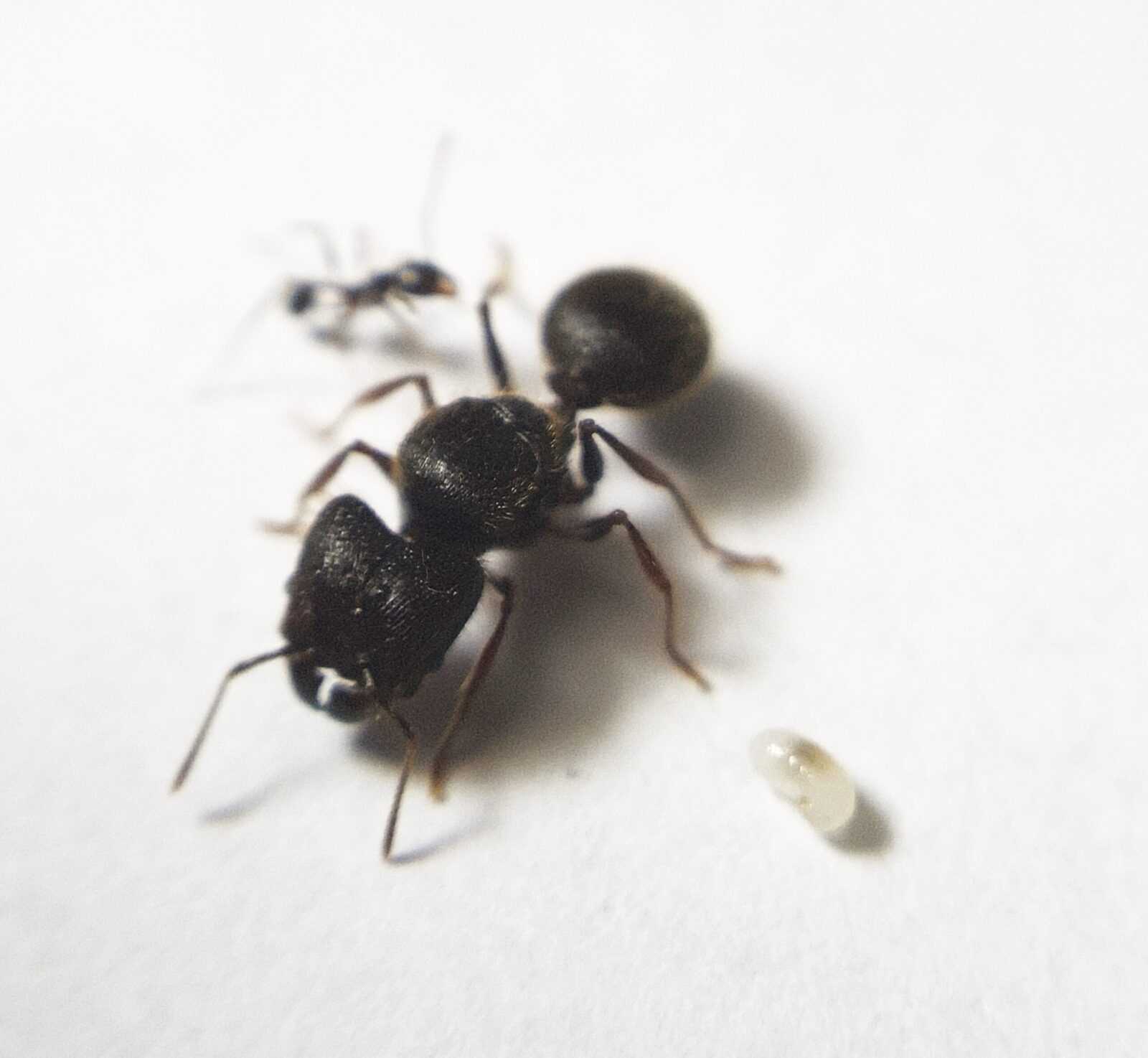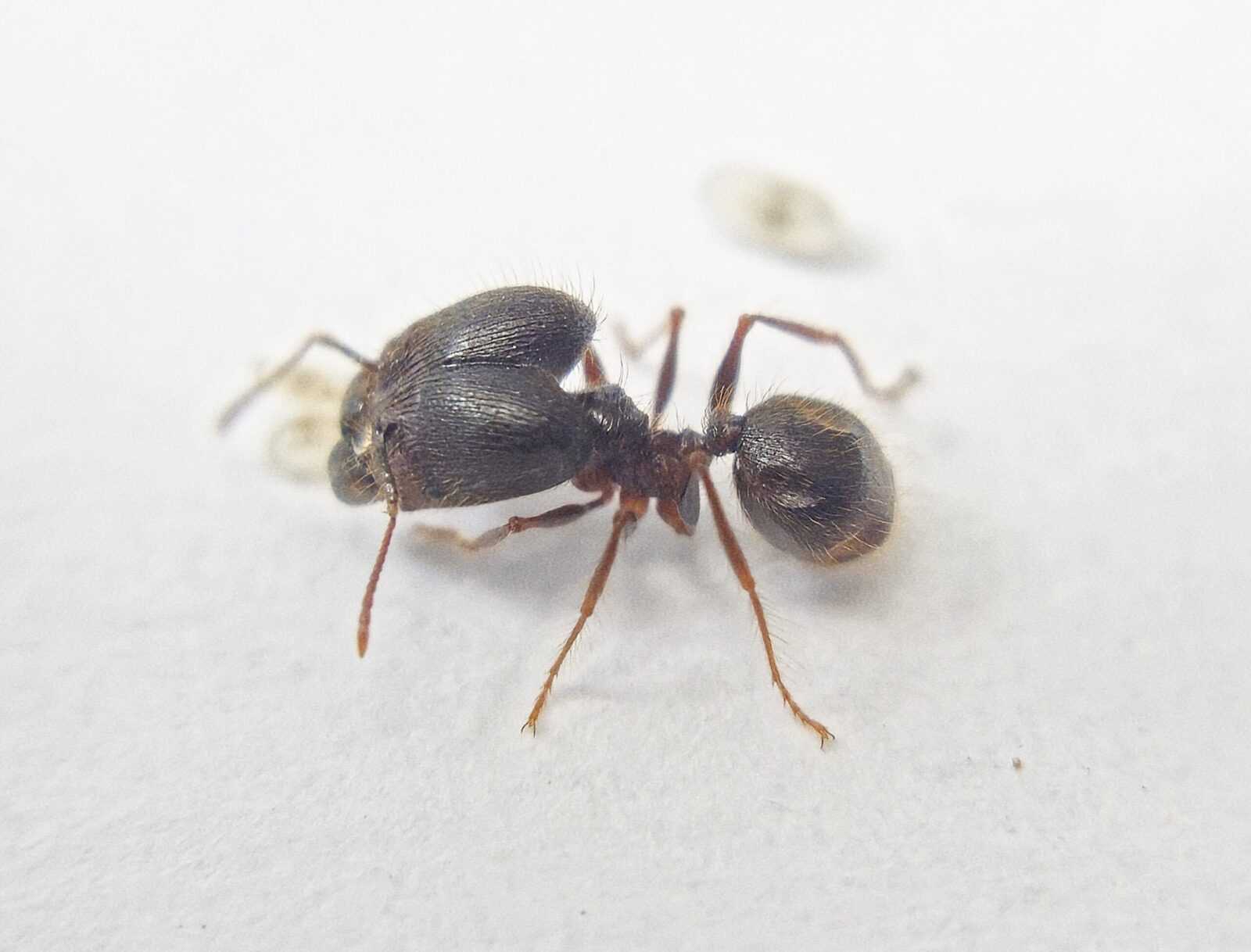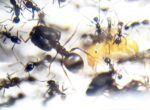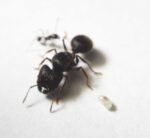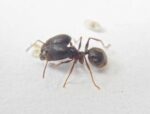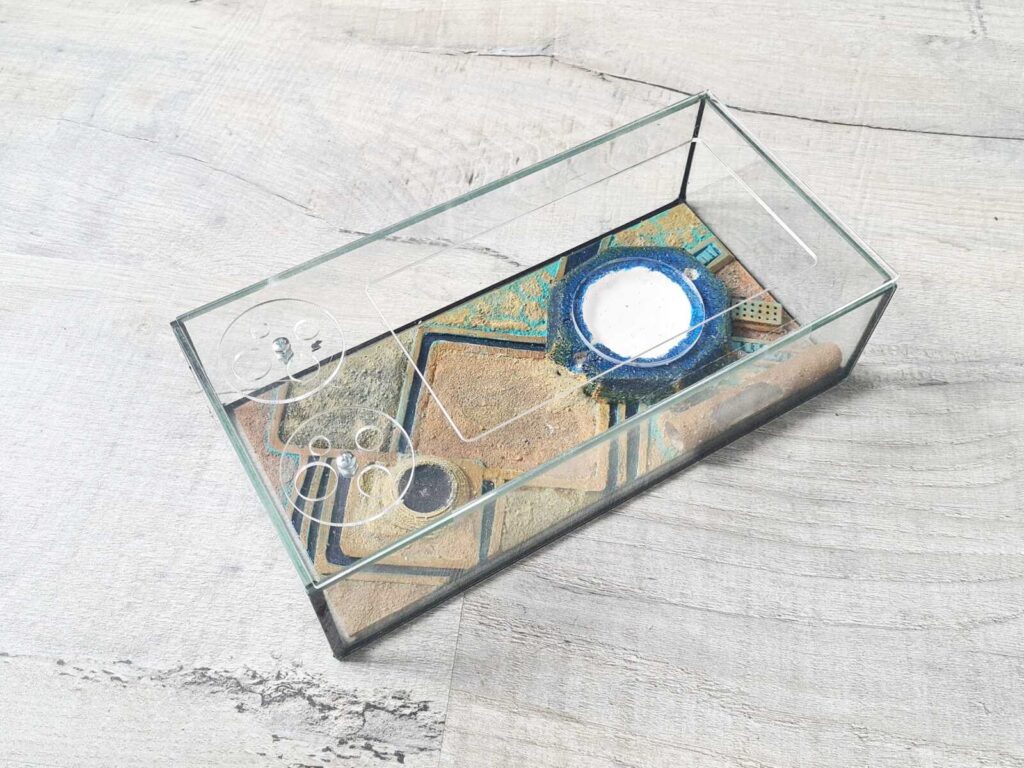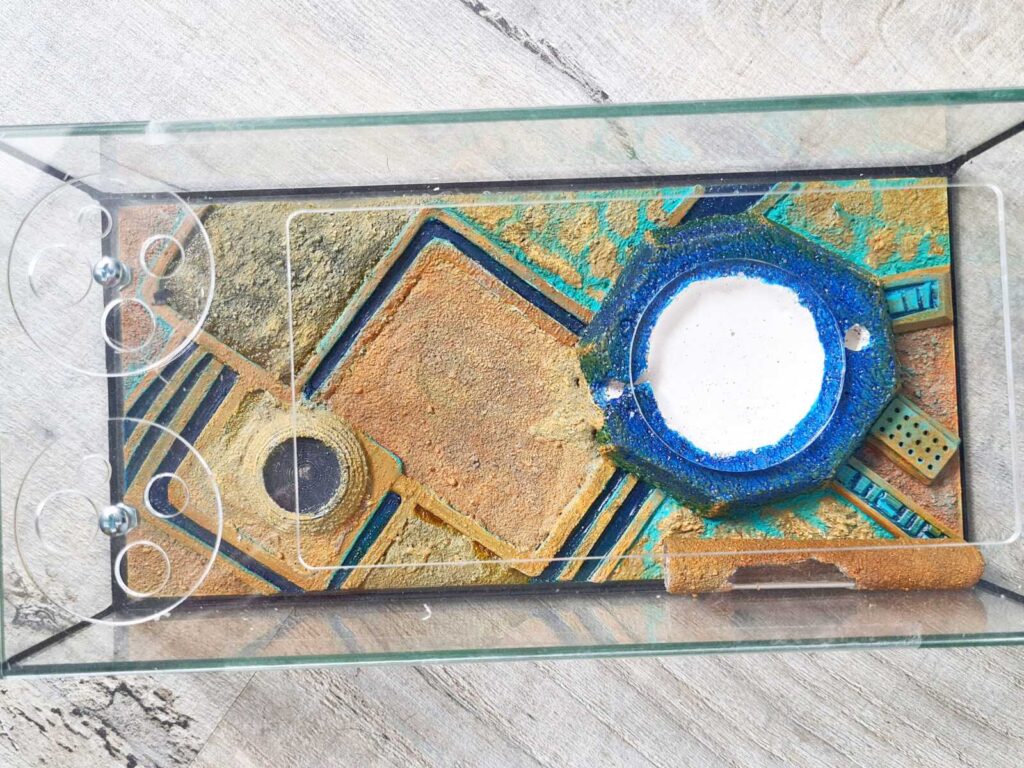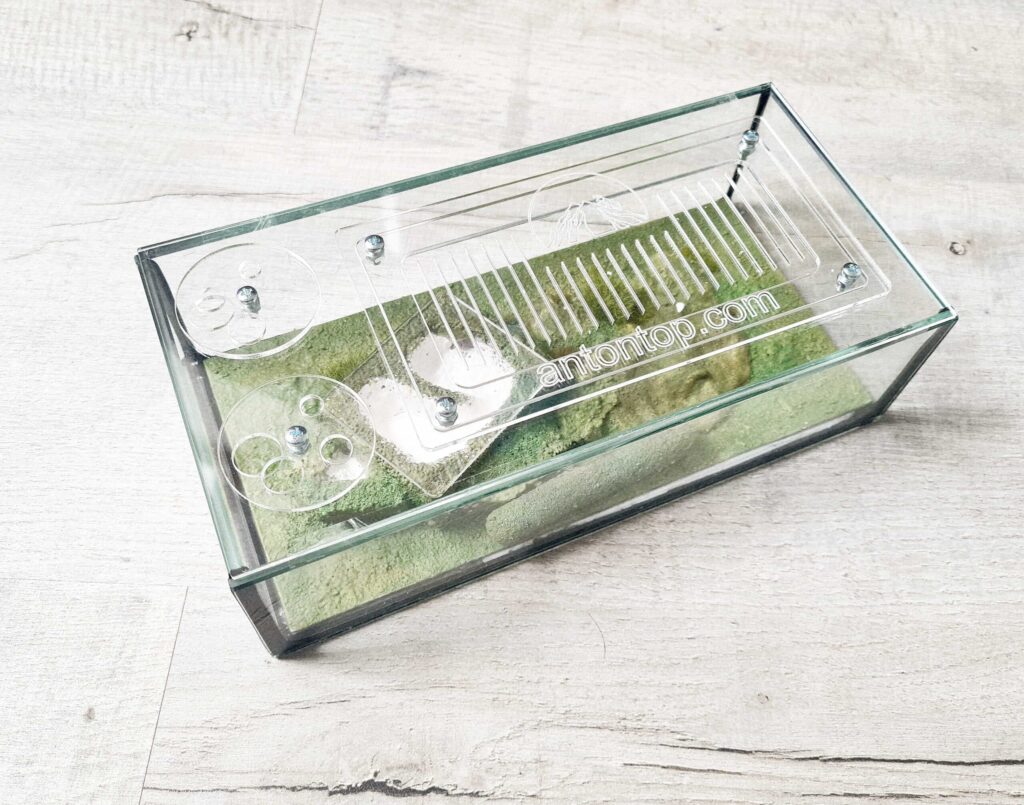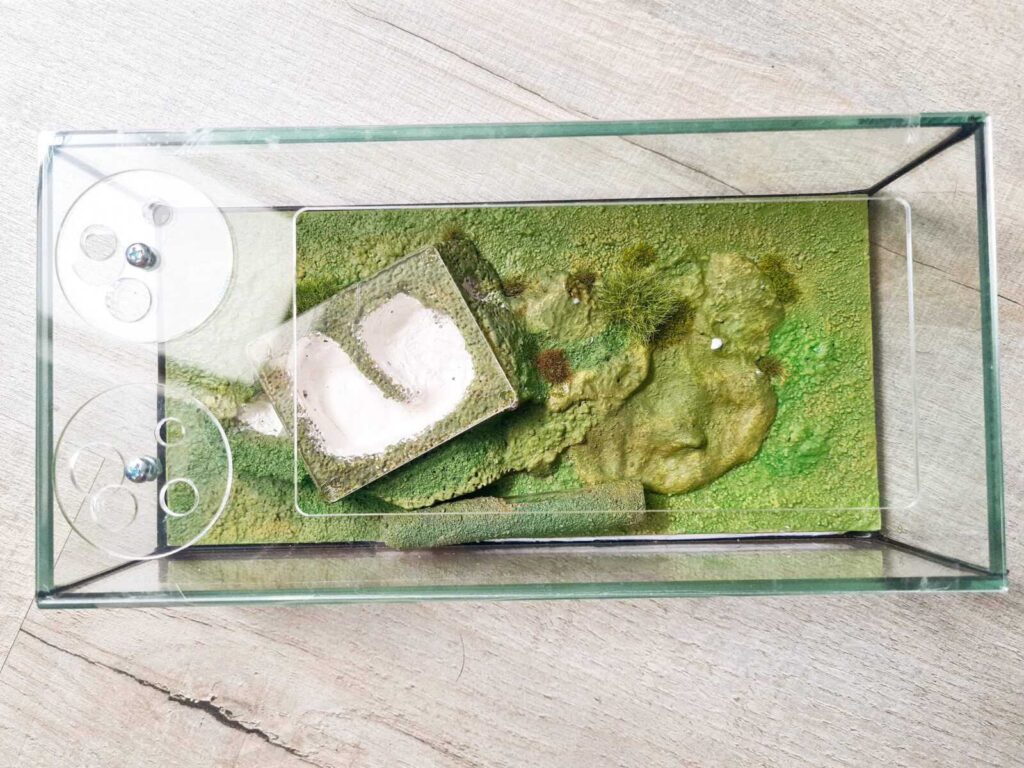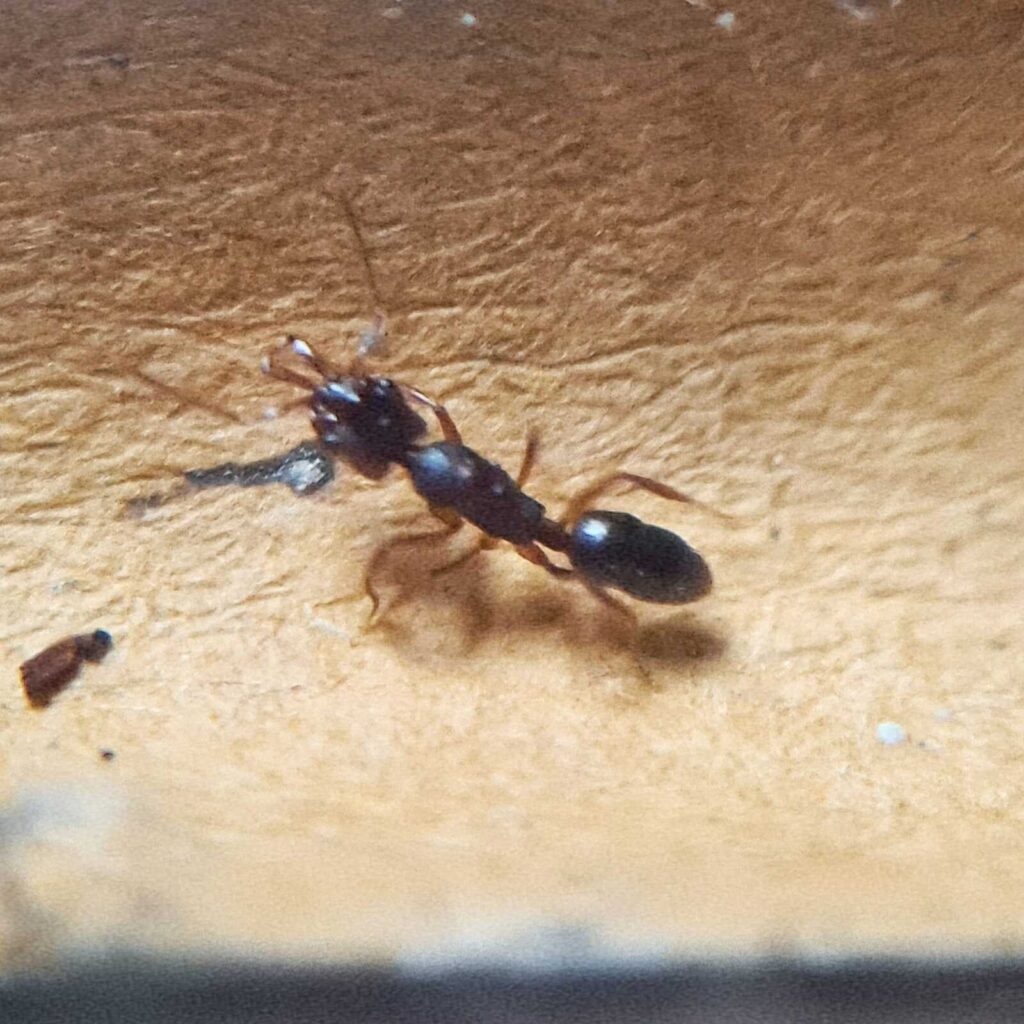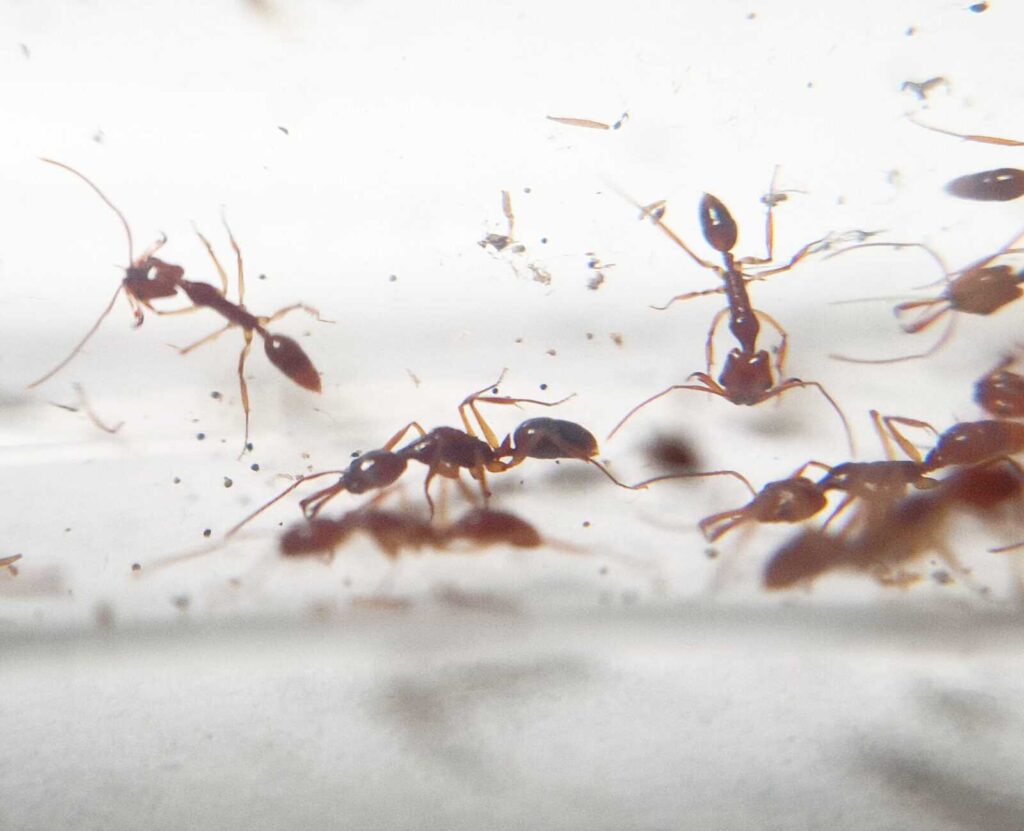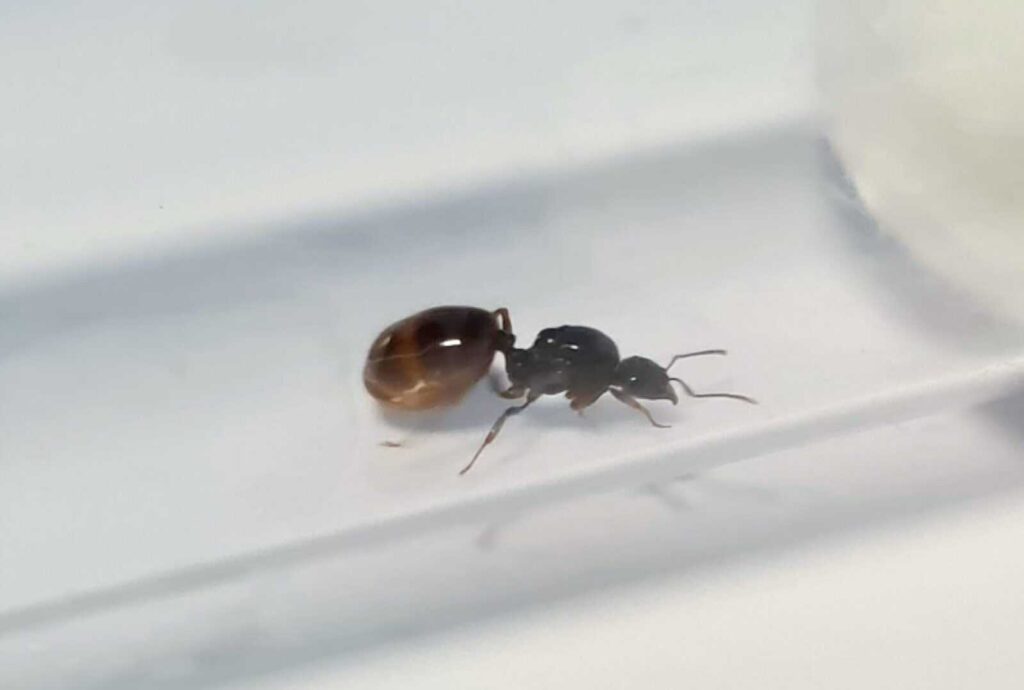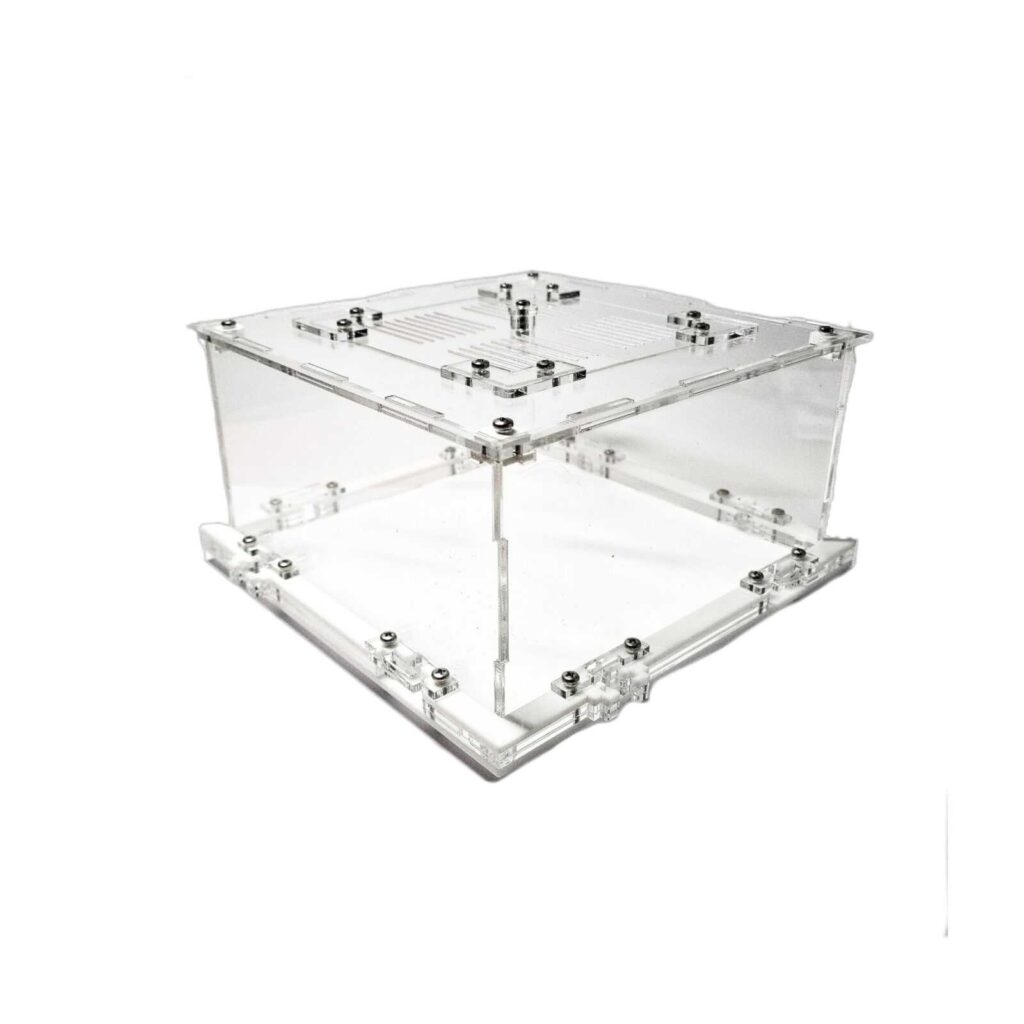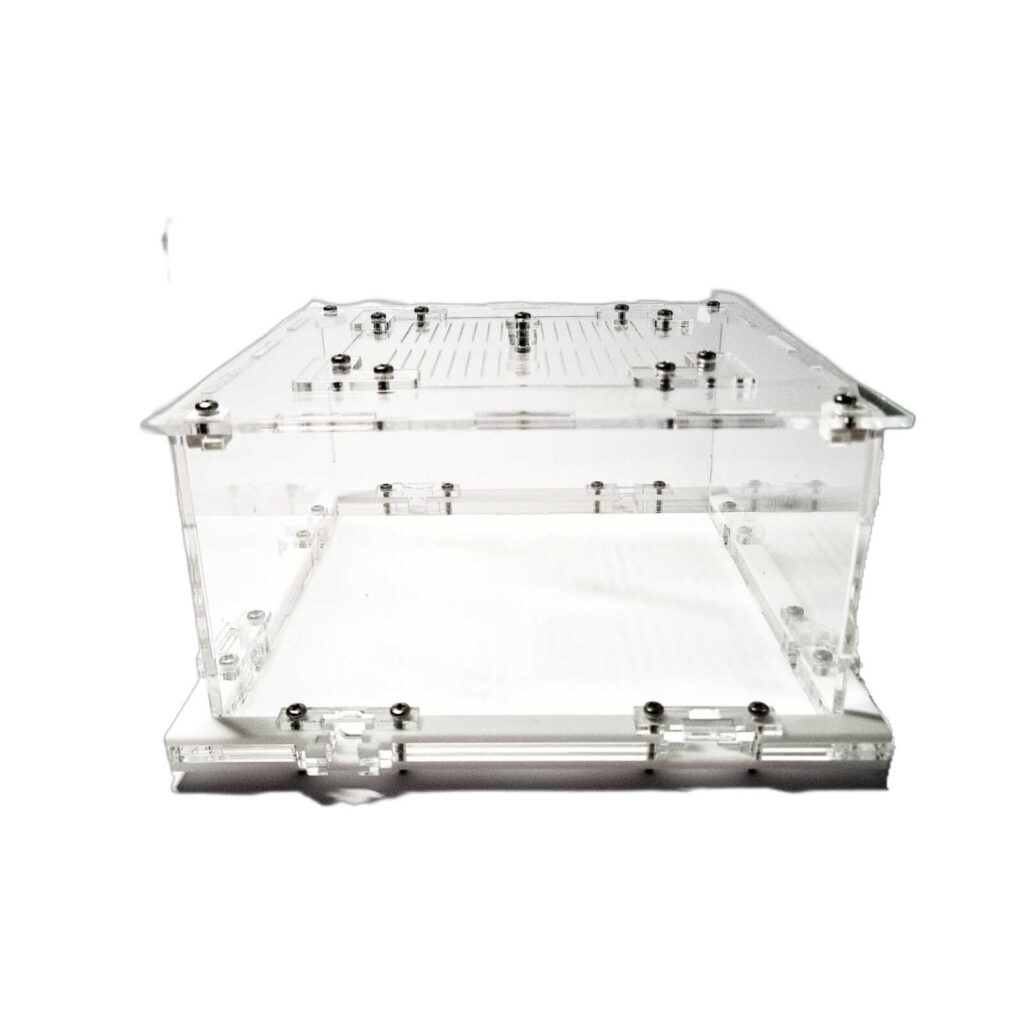Pheidole dugasi
379,90 zł – 799,90 zł
Worldwide shipping
Free delivery over 500 PLN
The highest quality of goods
Live delivery guarantee
24/7 Personal Support
Fair Prices
Description
Pheidole dugasi is a species of ant with monogynous colonies that can have up to 50,000 workers. They have a fast development speed and vary in size, with queens measuring 11-13 mm, workers measuring 4.5-6 mm, and majors measuring 8-12 mm. They are black in color and their nutrition consists of food insects, syrup, fruits, vegetables, jelly, and cooked chicken without salt.
Additional information
| Behavior | |
|---|---|
| Difficulty in breeding | |
| Origin | |
| The size of ants | |
| Wintering |
Pheidole dugasi: The Mighty Ant Colony
Welcome to the world of Pheidole dugasi, one of the largest species in the Pheidole family. With their massive **workers** and **majors**, these ants are truly a sight to behold. In this comprehensive guide, we will explore everything you need to know about Pheidole dugasi, including their colony type, size, development speed, nutrition, habitat requirements, and recommended nests for breeding.
Colony Type: Monogyny
Colony Size: Up to 50 000 workers
Development Speed: fast
Size and Color:
- Queen: 11-13 mm
- Workers: 4.5-6 mm
- Majors: 8-12 mm
The members of Pheidole dugasi are predominantly black in color.
Nutrition
- Food insects (such as cockroaches and crickets) dead, or live if colony is big
- Syrup (a mixture of water and honey or sugar, with a ratio of 4/3 water:1)
- Fruits and vegetables
- Jelly
- Cooked chicken without salt, shrimps
- Honey
- Seeds
Don’t forget to check out our food products to ensure a well-balanced diet for your colony!
Humidity and Temperature
- Humidity: Arena: 50-70%, Nest: 50-80%
- Temperature: Arena: 22-30 °C, Nest: 22-27 °C
Recommended Nests for Breeding
Choosing the right nest for breeding Pheidole dugasi is crucial for their overall well-being. Here are some recommended nest types:
- Acrylic Nests: Acrylic nests provide excellent visibility, allowing you to observe the ants’ activities and tunneling behavior. They are also easy to clean and maintain.
- Gypsum Nests: Gypsum nests provide a natural and safe environment for the ants. They can be easily customized and provide suitable humidity levels for Pheidole dugasi.
- Aerated Concrete Nests: Aerated concrete nests offer good insulation and moisture regulation. They mimic the natural nesting conditions of ants and provide a stable habitat for their development.
- Digfix
When choosing a nest, ensure that it meets the specific requirements of Pheidole dugasi, such as providing adequate space, moisture regulation, and a suitable nesting area.
In conclusion, Pheidole dugasi is a remarkable species of ants that capture our fascination with their size, strength, and unique characteristics. By understanding their colony type, size, development speed, nutrition requirements, and habitat needs, you can create a thriving environment for these incredible ants. Whether you are a seasoned ant enthusiast or a newcomer to the world of ants, Pheidole dugasi is a species that will undoubtedly leave a lasting impression.


